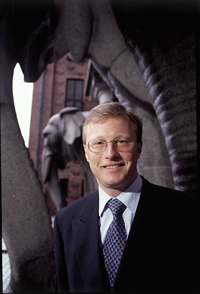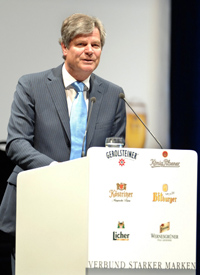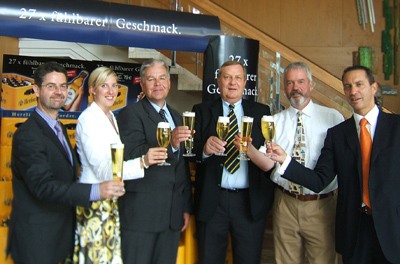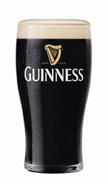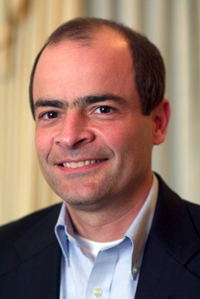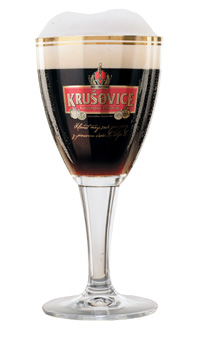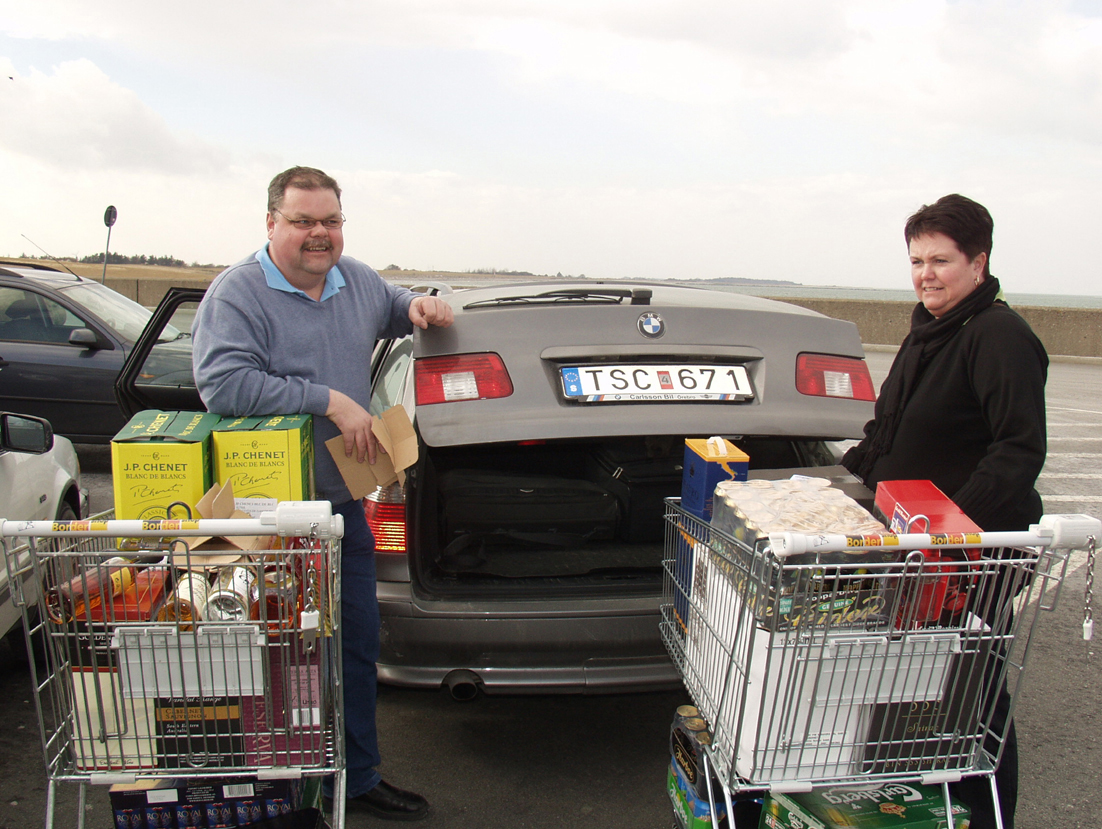After more than 30 years with Bitburger Brewery, Dr Axel Simon bid his farewell.
Privately-owned Warsteiner Brewery is acquiring its rival Herforder Brauerei effective of 1 July 2007 for an undisclosed sum. The price could be a low two-digit million EUR figure because the acquisition includes all of Herforder’s pension obligations as well as substantial guarantees to keep the brand name Herforder going and 200 jobs.
The drinks giant is currently reviewing the closing of the Guinness brewery at St James’s Gate in Dublin and moving production to a new site outside the city.
Hasso Kämpfe, Jägermeister’s CEO, who was in charge of turning the German bitter Jägermeister into a cool beverage for twentysomethings, decided not to extend his second five-year contract but to leave the company because, as he said, he wanted to do other things in his life.
Only a few weeks after it was fined almost EUR 220 million for having set up a Dutch beer cartel in the 1990s, Heineken announced that it will file an appeal against the decision of the European Commission.
Someone seems to take a great interest in keeping the rumour mill running. This time it was an unidentified source in Belgium which claimed that a merger between InBev and U.S. brewer Anheuser-Busch is inevitable in the long run.
Germany’s Radeberger Group sells its Czech Brewery to Heineken expecting that the Czech premium brand Krusovice will benefit from Heineken’s global marketing and distribution expertise.
In June the European Court of Justice ruled that Systembolaget, the monopolist alcohol retailer, had no right to prevent citizens from importing alcohol from other EU countries.
This report summarizes the EBC Barley Field Trials for Crop 2006. It is based on the comments of the 4 regional chairmen, and is intended to highlight varieties tested that may be of interest to the malting and brewing industry.
Where will the path of beer innovations lead to? What possibilities are already available now, what does the future hold? The desire to develop (or to have to develop) “beery” beverages today that consumers will request tomorrow involves many risks.

